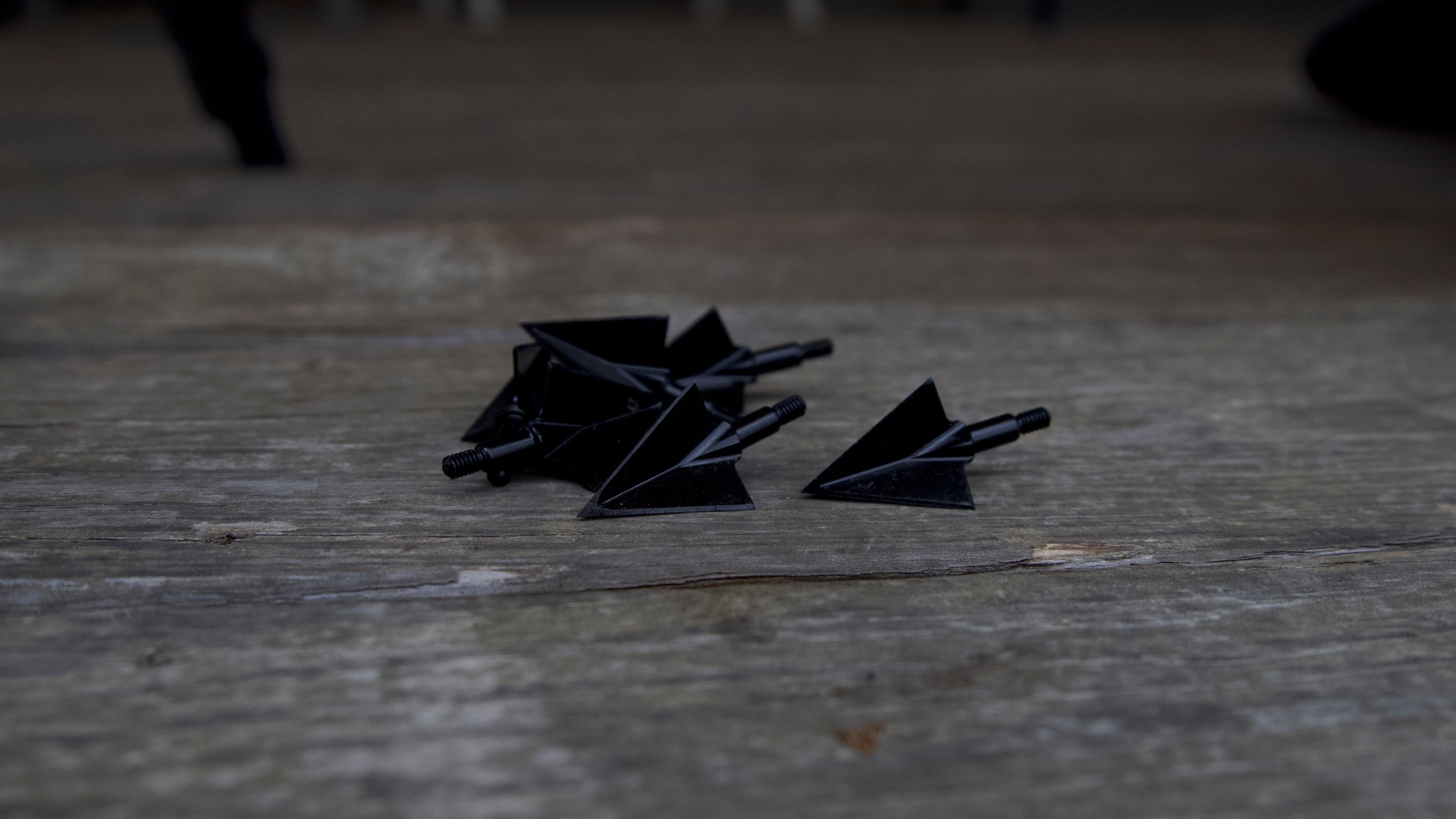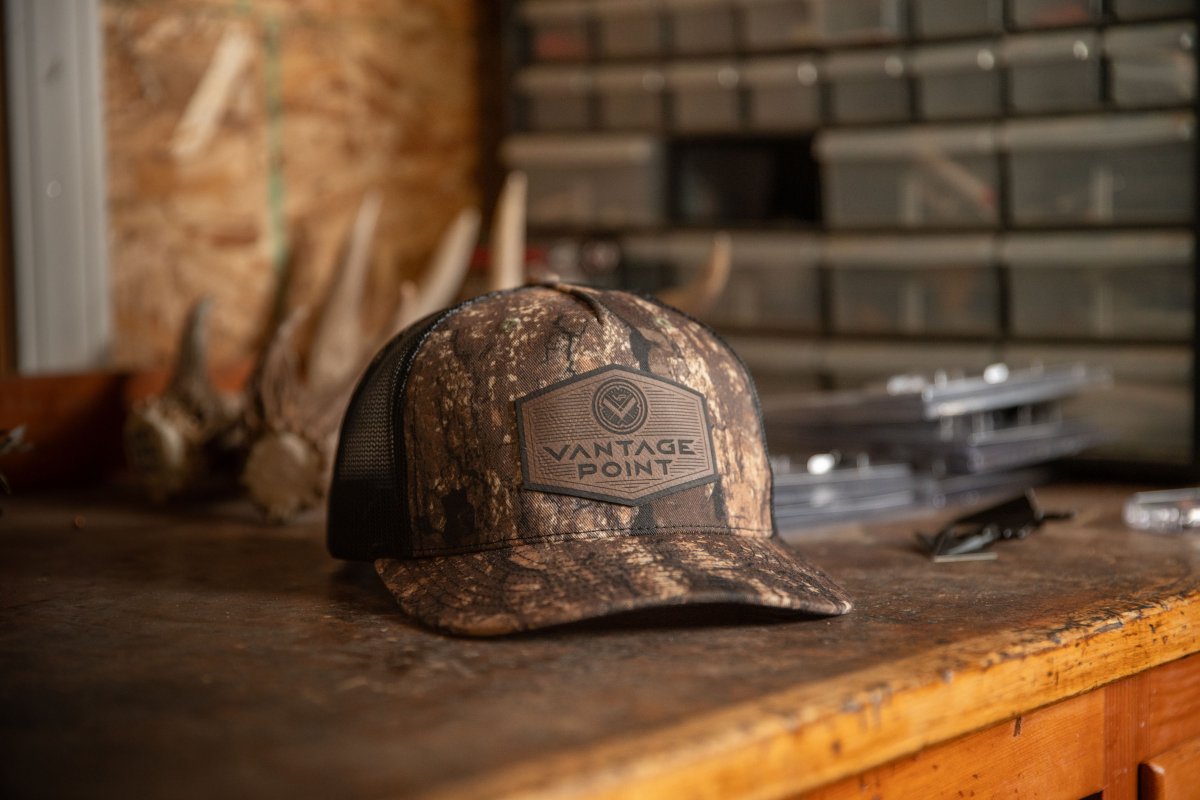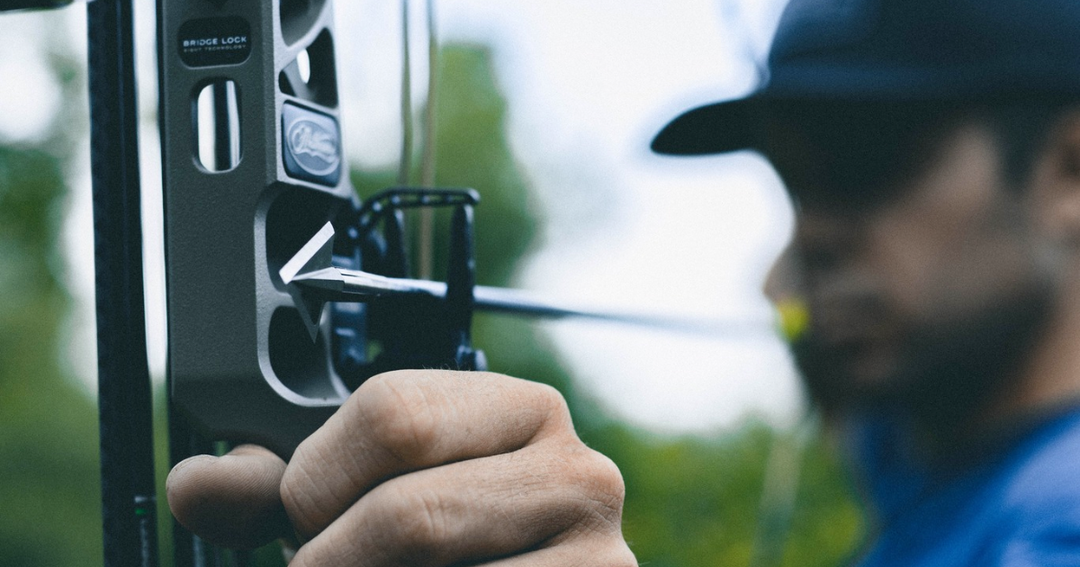The Truth Behind the Dark Continent
Prior to leaving for my first trip to South Africa a major part of my preparation was extensive research on the hunting culture there. In a time when there are plenty against hunters as it is, it’s unfortunate but I felt that I needed to be adequately prepared to defend my decision to take to the African Bush, bow in hand, even when talking to fellow hunters. I had done some reading in the past and felt that by the time I took off I had a decent understanding of what I was about to embark on but I was barely scratching the surface.
If I had a dime for every time someone made comments such as, “well at least you’re not trophy hunting” or “I guess that’s better than an elephant or a lion” I’d be able to book trips back to Africa for the next 10 years!
There’s no secret that we as a society suffer from what I like to call the cute factor. Meaning that we have a scale, based on popularity, to measure how acceptable a species is to hunt. In the U.S. it’s hard to find a more protested hunting season than bear hunting yet I’ve never heard of a save the turkey march. It’s funny at first but at a second look, it’s a bit alarming that our selfish favoritism of a species will cause us to overlook the fact that the successful future of all species heavily relies on management through regulated hunting practices. Regardless of how many cartoons they star in.
Whether it be in Montana, South Africa, Mozambique, or Central Park every habitat has a Carrying Capacity, and once that capacity is reached that's it. When populations of a species exceeds that carrying capacity we begin to see issues such as disease, starvation, and human conflict which sadly results in tragic death and suffering for the wildlife. Take a state like Virginia for example, in Virginia your license comes with 6 deer tags, and as I recall you can purchase additional doe-only tags once your initial 6 have been filled. This may sound like a lot, especially to a western hunter but it’s because they have not only an extremely high deer population but also a very high population density so naturally, they will need to take more deer per year than a larger western state with more open space and less population density. I use deer as an example because they are known by pretty much everyone as a game species and for the most part that’s an accepted fact. Africa is no different other than the fact their wildlife management practices involve harvesting elephants and zebras at times.
Before we get any deeper I think that we need to accurately define the term “trophy hunting”, a term I have come to hate. I’ve come to hate the term because so many people throw it around freely without actually knowing what it is. Far too many people hear trophy hunting and think of an old rich guy tromping through the wild and shooting anything with impressive horns that he sees then posing for a picture with the slain animal prior to lopping its head off and leaving the meat to waste in the African sun. This my friends is considered poaching. Forgive me for wanting to take an older more mature animal out of the heard preferably one that has already passed on its genetics and is past its sexual prime but if an animal needs to be removed to me that’s a pretty good option and yes I'll probably have the animal mounted in some way or another because I want to remember that hunt and that animal but that doesn’t mean that meat won't be used. People don't seem to realize where the meat ends up when you take an animal in Africa so here’s the deal. As of right now you can't bring your meat home with you from Africa and believe me, if I could have I would have. Every outfitter is a bit different but in one way or another, the meat goes to local people that need it. At Red Sands Safaris where I was just hunting a portion of the meat goes to the employees that work at the hunting concession and then the rest is sold at a fraction of the cost making it available for lower-income families in South Africa and creating additional jobs in the area.
If you’ve ever watched any bow hunts in Africa you’ve probably noticed that they primarily hunt over water and at times bait or salt. Because of terrain, hunting water is the most effective way to bow hunt which is a very common practice in any dry climate, and as anyone that has done so can attest--it is far from a guarantee. I honestly thought that hunting in Africa would be a bit easier and I really don't know why, I quickly realized that hunting in South Africa is far from immune from the challenges of temperature change and bad winds. Again no different than any other hunting situation. As for the bait our PHs (professional hunters) put out a few flakes of hay anytime we sat water and it hit me while I was there that the hay in no way attracted the game, the water did, but the hay gave the game a reason to stop ultimately giving me as the hunter more time to make a good ethical shot. You’ve got to put yourself in the PHs shoes and understand that their job is to not only get the hunters shot opportunities but also to prevent wounding the game and they're having to trust complete strangers to make that shot so they’re going to do whatever it takes to ensure an ethical shot.
Ultimately regardless of where it is you’re going hunting, you’re going to get out of it what you put into it. There are definitely places in South Africa that fall into the “pen hunt” category just like here in The States but there are also plenty of Outfitters that offer you a true hunting experience that any sportsman can be proud of so it is imperative that you do your research ahead of time and make sure that you go with a reputable outfitter. It’s always a good idea to ask for references when shopping around and just approach other hunters that have been and ask them about who they went with. I have yet to meet any hunter coming back from Africa that isn’t just chopping at the bit to share their experiences with anyone that will listen, myself included.

I feel that to discuss hunting in Africa you have to discuss conservation. I think it can be hard for people from the U.S. to see and acknowledge the success of the conservation practices across Africa because they are quite different than what many of us are used to coming from a country that has an abundance of public land and a government-based wildlife management system. In South Africa there is really no such thing as public land which is a result of the way things played out many many generations ago—that’s just a fact and so it has become the responsibility of the land owners to manage their land and let's just be honest, humans love making money so naturally, a majority of land owners will do with their land whatever makes the most. As we’ve seen in the past when wildlife has a perceived value that is less than one’s crops that can lead to major human /wildlife conflicts where the wildlife gets the short end of the stick, especially in a system where the land owner ultimately has the decision making authority when it comes to the wildlife on their property. Again we’re purely speaking fact regardless of opinions on right or wrong here. Because of hunting, the wildlife native to the African landscape now has a monetary value giving landowners a great incentive to keep sustainable populations of wildlife on their properties and even take part in breeding programs for species that do well in their area. The outfitter that I hunted with, Niel Bekker of Red Sand Safaris, devotes one of his pastures (to put it in terms we can relate to in the west) to a breeding program for Sable antelope in order to improve numbers on his property as well as the surrounding properties. I know this sounds like farming but these practices are very similar to those of our State wildlife agencies just on a much smaller scale because the tasks at hand are left up to each of the landowners. You may hear or see that a majority of South Africa is a high fence which is absolutely correct but there are a few things we need to address regarding this.
-
I can really only speak to the properties that I hunted but based on what I saw I'm comfortable saying that most of these properties are thousands upon thousands of acres and many of the animals living on the property will never even see one of the fences.
-
African animals can jump! My PH Niel shared a video with me one day while we were hunting a Kudu walking right up to a “game fence” and leaping right over the top of it without a running start. I’ve also heard that the eland which is the world’s largest antelope species weighing in right around 2,000 lbs has about a 6-foot vertical so the large species see these fences as nothing more than one of those ropes used by Disney Land for separating the lines leading up to their rides and the smaller species such as duiker and warthogs are able to go under with ease.
-
So what are these fences for? The fences are primarily used to protect the wildlife and landowners. Poaching of big game animals isn’t a problem where I was but habitat destruction is, where people chop down entire woodlands and trees upward of 300 years old for firewood. Most of rural Africa does not have access to electricity and they use fire for cooking, light, and warmth. So these fences are more to keep people out rather than the wildlife in. Many small game species and birds live in and depend on these canopy tree tops and there are also big game animals that are primarily browsers and only eat leaves. So keeping these woodland areas intact is very important for the perseveration of an entire ecosystem. In other parts of Africa where poaching is a problem, these fences are the first line of defense for keeping the wildlife inside safe and are patrolled by heavily armed anti-poaching units.
-
I have not even come close to seeing a fraction of what Africa has to offer but look forward to what the future of my travels back to the Dark Continent have in store and can tell you that I have come back to The States a much better bow hunter and better person as I have broadened my perspective by getting to experience a new land. I feel fortunate to have met the fine people at Red Sand Safaris and look forward to many more trips to visit them. So why go hunt, Africa? Why not?








Leave a comment